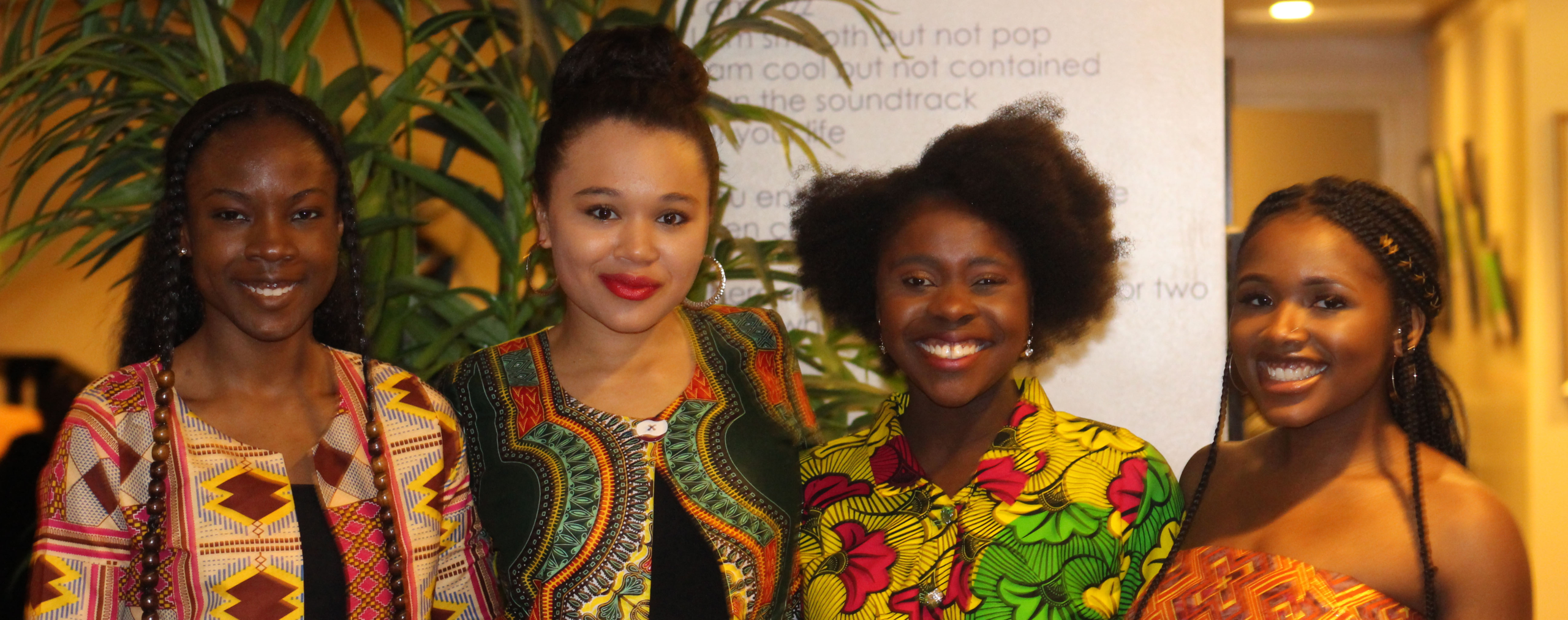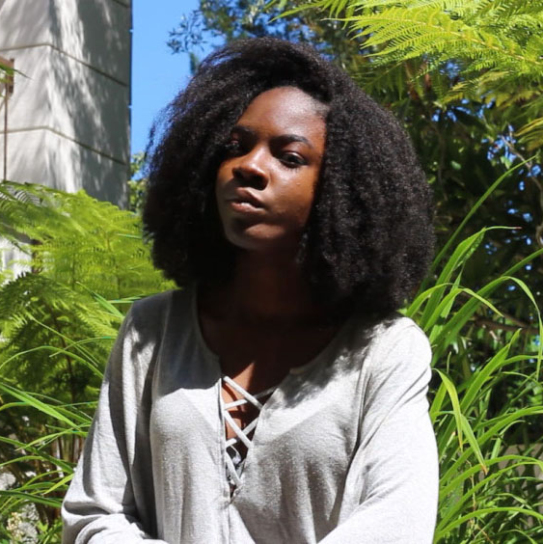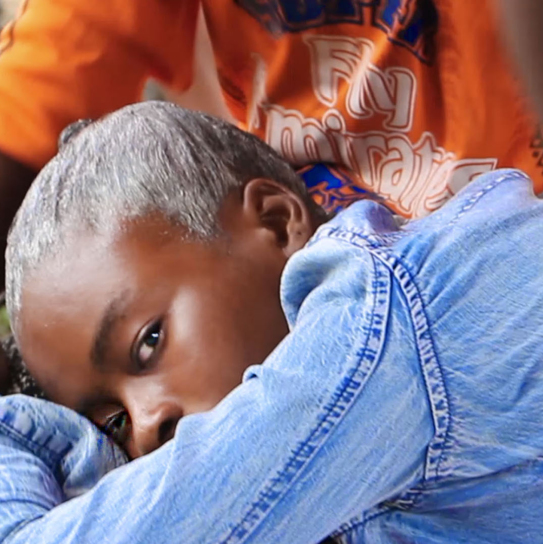Over this summer, I had the privilege of being able to study abroad and experience the cultures of five different European countries. During my time here, one of the first things that I noticed was that almost everyone I met was multilingual and could speak at least some English.
I, only being able to speak English fluently, was lucky that most people were willing to cater to my needs as an American. Everywhere I went there were people greeting me and directing me in English, and I never once had to even use a translator.
It made my life easier, yes, but something about it all made me a bit uncomfortable.
During one of my first weeks abroad, I remember trying to order food from a waitress who understood absolutely no English, and afterwards, in frustration, agreeing with my peers that if a person chose to work in customer service in an international county, they should at least understand some English.
Looking back, I’m angry at myself for thinking that. Why did English have to be the language that trumped all?
It all made me begin to think more deeply about the dominance of the English language in my own life, particularly the fact that I was only a first-generation American myself and still could only speak English. My Nigerian roots did not keep me from falling under the monolingual American category that I was starting to become uncomfortable with.

This isn’t the first time I’ve felt uneasiness in my lack of ability to speak other languages, though. I have always wished that I were more fluent in Yoruba, my family’s native language, and there were many times in the past when I would complain to my mom for not speaking enough Yoruba to me as a child for me to become fluent in it.
Her responses, however, only made me feel somewhat more uneasy. She would say things like, “don’t worry about it, you know Uncle’s kids can’t speak Yoruba either, and they even live in Nigeria, so you’re not the only one”.
I know she meant for this to help me feel better, but it didn’t. It was true. Many of my cousins, as well as many other children I know in Nigeria, are growing up to only speak English at home. I wondered why so many parents were failing to see the need to pass down their native language and was afraid to think that it was because they had developed a greater appreciation of western ways over their own.
But to make sure that I wasn’t overestimating the influence of the English language, I looked to see what others had to say about it.
What I found scared me even more. It was true. The replacement of the English language over many African languages is a growing phenomenon, with some estimating the complete extinction of languages like Yoruba within the next three generations.[1]
Adekunle Yusuf, from The Nation writes, “As English language gains more prominence in both official and private circles in the country, ominous signs stab Yoruba, Igbo and many other indigenous languages in the face as less and less people are able to achieve fluency in their mother tongues, thus exposing the local languages to dangers of extinction in not too distant future.”
In the advancing world where to be educated means to speak English and adopt American ways, in which the elite are the first to dismiss their native languages, where do African languages, and really, African cultures, stand?
Have American ways become so dominate as to not only be accepted and practiced by so many other cultures, but to have even gone as far as to take complete dominance over others?
What bothers me the most I think, though, is knowing that I am a part of the problem myself and that generations down the line will only become more and more vulnerable to the strengthening push of American culture and its use of language to exert its dominance.




